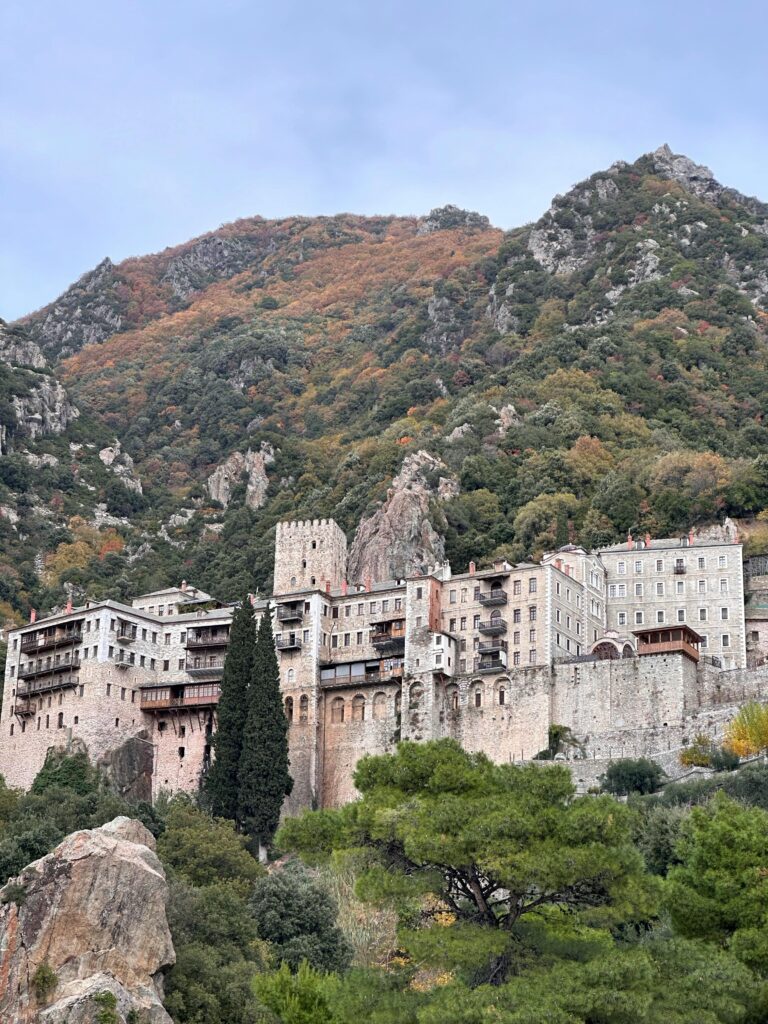Finnish and Estonian leaders want EU countries to stop issuing tourist visas to Russian citizens.
Russians should not be allowed to “live a normal life” and visit Europe as tourists while Russia is waging war, Finnish prime minister Sanna Marin told state broadcaster YLE on Tuesday (10 August).
-
“Visiting Europe is a privilege, not a human right,” Estonian prime minister Kaja Kallas said (Photo: European Parliament)
“Visiting Europe is a privilege, not a human right,” Estonian prime minister Kaja Kallas also tweeted.
While EU countries have banned air travel from Russia, St. Petersburg is only 300 kilometres from the Finnish capital and Russians can still travel to Estonia and Finland and reach European capitals from there.
On Tuesday, the Finnish foreign ministry even said that many Russians who obtain Finnish tourist visas are in fact just using Finland as a transit point for holiday travel elsewhere.
Since Covid restrictions on travel were lifted, Russian border crossings to Finland have increased by between 10 and 30 percent compared to spring, Finnish government officials said.
In an interview with the Washington Post on Monday, Ukrainian president Volodymyr Zelenskyy said EU countries should deny all Russian tourists access to the bloc as punishment for the Kremlin’s decision to invade Ukraine.
Russians should be forced to “live in their own world until they change their philosophy,” he said.
The EU and Russia still have a visa agreement in place that allows short-stay visas issuance in various ways. The agreement has been partially suspended, but it has not been terminated.
And even the partial travel ban has outraged the Kremlin. “The only possible attitude we can have is extremely negative,” Kremlin spokesman Dmitry Peskov said Tuesday.
Others have argued the ban would also restrict Russians who disagree with the war from entering Europe.
“You don’t want to ban all Russians from travelling to the EU completely. How are we going to engage at all?” an EU official told the Financial Times. “Russians not in favour of the war need to be able to travel too.”
Estonia and Finland aside, Latvia has already banned almost all issuance of visas to Russian citizens, but Marin said the cabinet is still debating if Finnish authorities have the legal basis for doing so and noted she would prefer an EU solution.
“Is Finnish legislation up-to-date enough that we could introduce our own national sanctions in such a very exceptional situation? But I would personally like to see European solutions to this question as well,” Marin told YLE.
The visa issue is expected to be discussed at an informal meeting of EU foreign ministers on Aug. 31.




















Discussion about this post